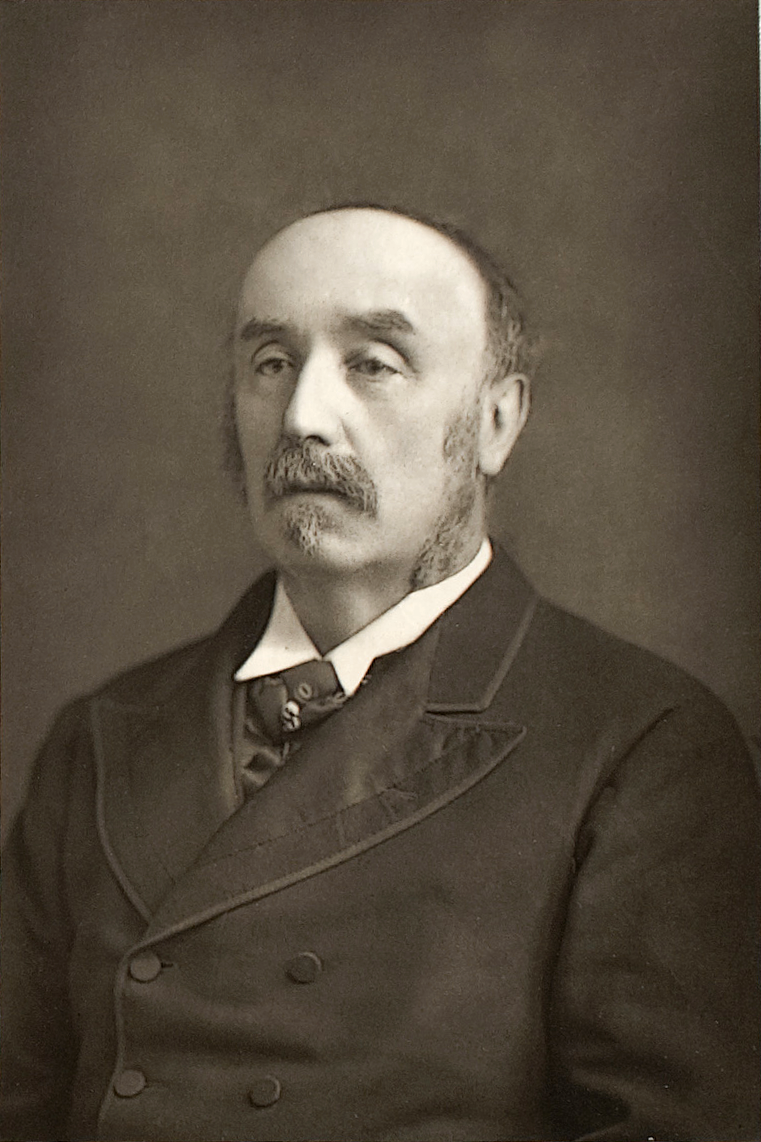Lewis Morris – walijski polityk i poeta piszący w języku angielskim. Był prawnukiem poety Lewisa Morrisa i synem Lewisa Edwarda Williama Morrisa i Sophii, córki Johna Hughesa z Carmarthen. Urodził się w Penbryn. Uczył się w Sherborne School. Potem studiował w Jesus College w Oksfordzie. W 1896 otrzymał tytuł szlachecki. Startował w wyborach jako kandydat liberalny. Wydał między innymi cykl trzech tomików Songs of Two Worlds i epos mitologiczny The Epic of Hades . Napisał też Gwen: a Drama in Monologue, in Six Acts , The Ode of Life , Songs Unsung i Gycia: a Tragedy, in Five Acts . W liryce Lewisa Morrisa wyraźny jest wpływ twórczości Alfreda Tennysona.
Lewis Morris był uważany za pewnego kandydata do tytułu Poety-Laureata. Wyróżnienia tego nie otrzymał najprawdopodobniej tylko dlatego, że nie miał ślubu z matką swoich trojga dzieci.
Wikipedia
✵
23. Styczeń 1833 – 12. Listopad 1907
